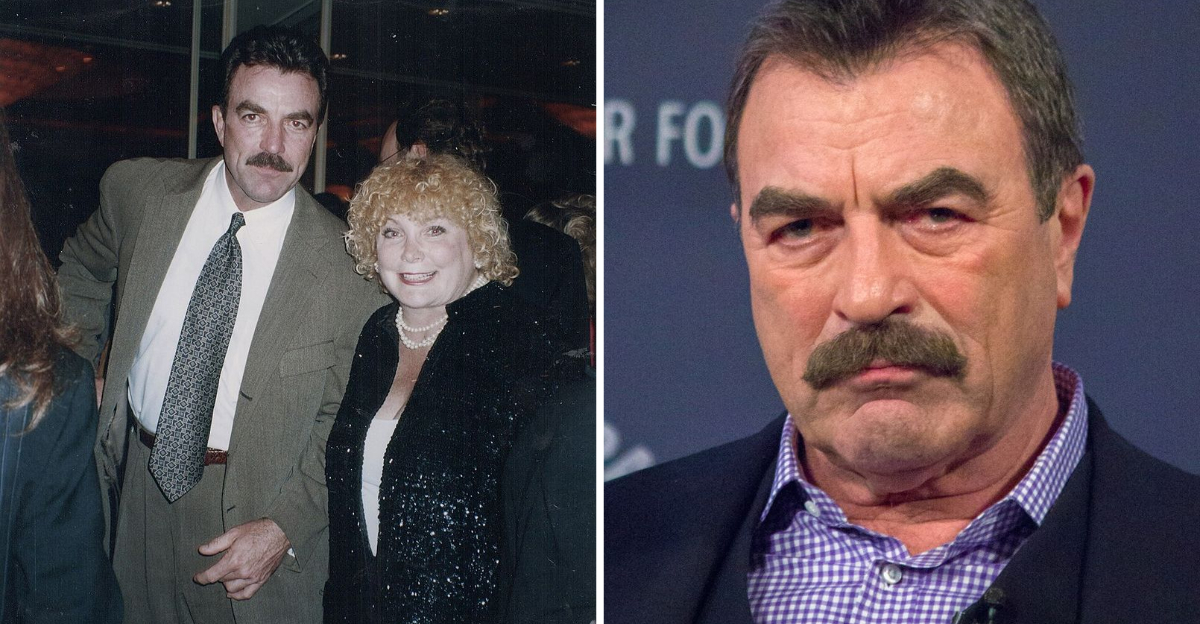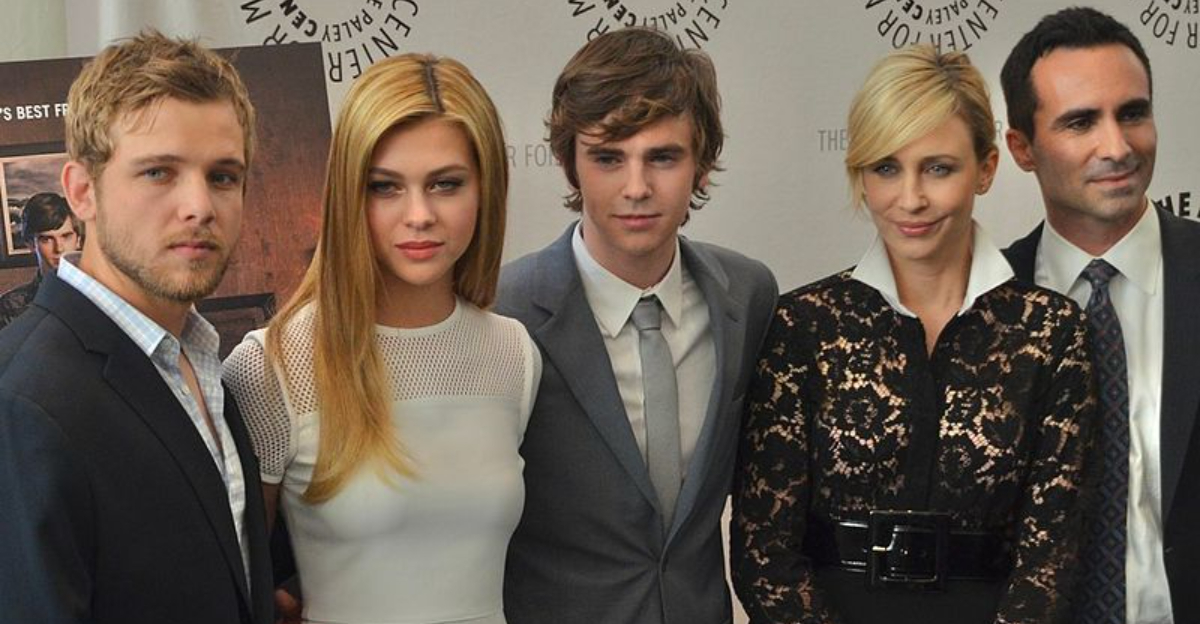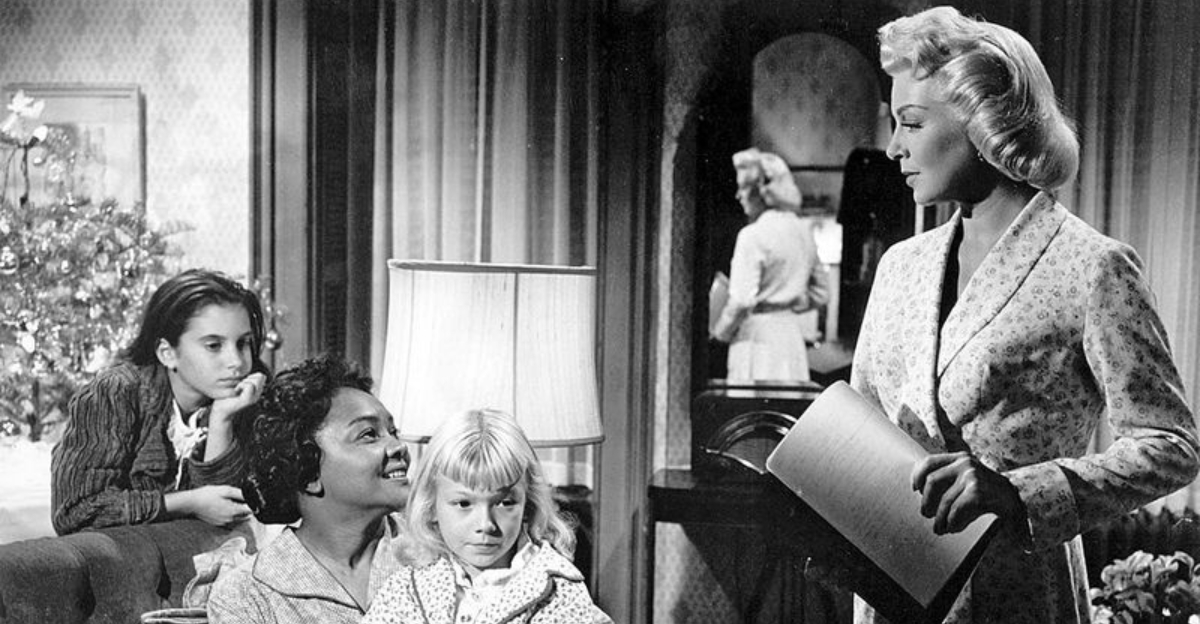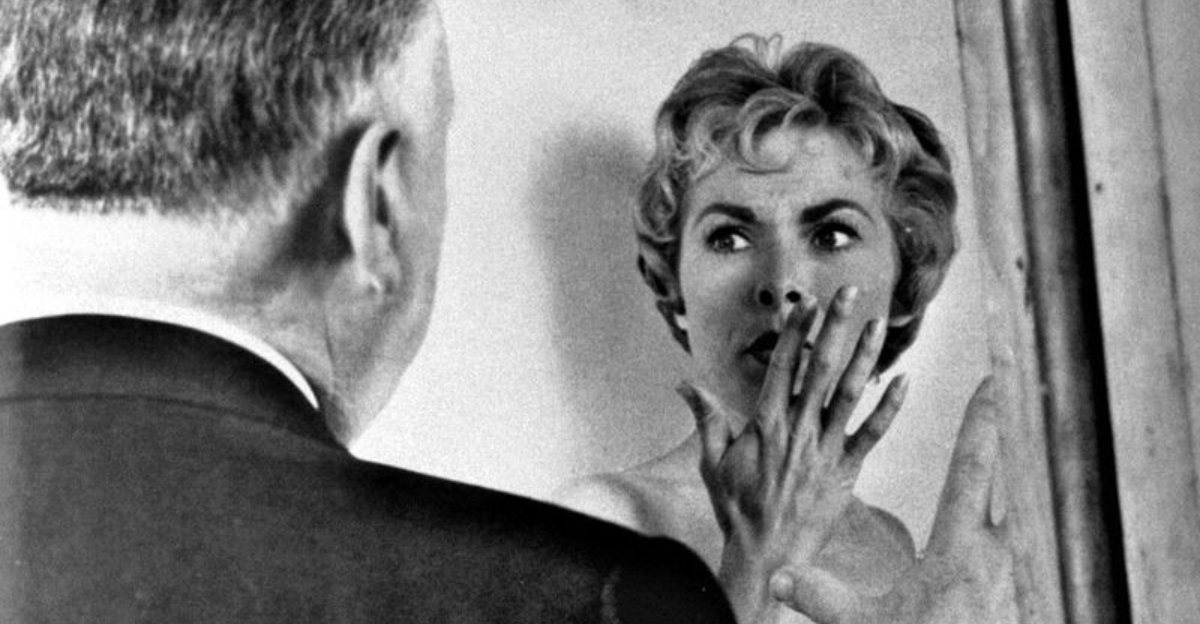11 Shocking Game Show Moments That Became Major Scandals
Game shows are supposed to be lighthearted escapes, but every so often the spotlight reveals something far less playful.
Behind the trivia questions, shiny prizes, and cheering crowds, a few moments spiraled into chaos, controversy, or full-blown scandal.
These incidents shocked audiences, rattled producers, and became unforgettable chapters in TV history.
1. The Price Is Right – Terry Kniess Predicting Exact Showcase Value

Imagine guessing the exact price of a showcase down to the dollar – sounds impossible, right? Terry Kniess did exactly that in 2008, and producers immediately suspected cheating.
Turns out, he’d memorized prices by watching the show obsessively for years. Investigators found no evidence of wrongdoing, but the perfect bid sparked massive controversy.
His win remains one of the most suspicious moments in game show history.
2. The Gong Show – Judge Jaye P. Morgan Flashing the Audience
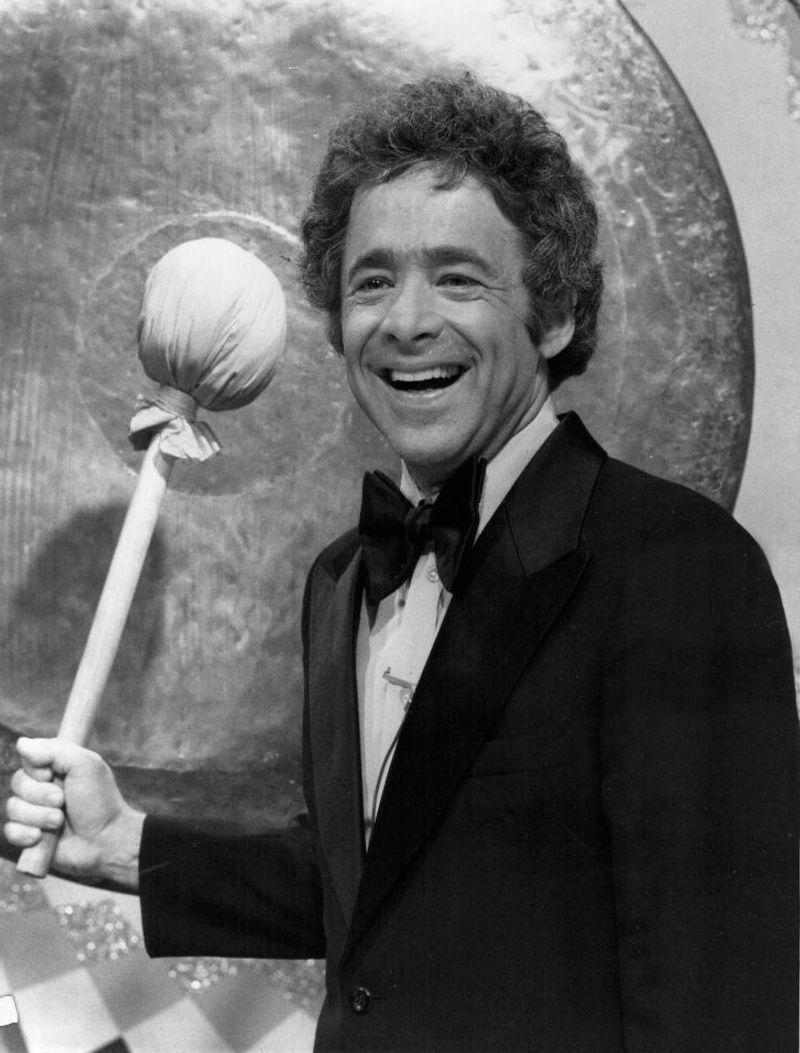
Variety shows in the ’70s had loose standards, but even The Gong Show had limits. Celebrity judge Jaye P. Morgan shocked everyone during a 1976 episode by exposing herself on camera as a joke.
Network executives were not amused – she was immediately fired from the show. The incident became tabloid fodder and damaged her television career for years afterward.
It proved that spontaneous “comedy” could have serious professional consequences.
3. Wheel of Fortune – “Seven Swans A-Swimming” Technicality Ruling

During a holiday-themed episode, a contestant solved a puzzle but added an extra word that wasn’t on the board. He said “Seven Swans A-Swimming” with an article that shouldn’t have been there.
Judges ruled his answer incorrect due to this minor technicality, costing him the round. Viewers erupted on social media, calling the decision unfair and overly harsh.
The controversy highlighted how strict game show rules can be.
4. Jeopardy! – Arthur Chu’s Game Theory Strategy Causing Outrage

When Arthur Chu appeared on Jeopardy! in 2014, he didn’t play by traditional rules. Instead of moving systematically through categories, he jumped around hunting for Daily Doubles.
This “game theory” approach maximized his winning chances but infuriated longtime fans who called it unsportsmanlike. Online forums exploded with debates about whether his tactics were brilliant or disrespectful.
5. Who Wants to Be a Millionaire? – The “Coughing Major” Cheating Scandal

Back in 2001, a British army officer named Charles Ingram won the top prize on the UK version of this famous quiz show. Something seemed fishy, though.
His wife and an accomplice in the audience were coughing at strategic moments to signal correct answers. Investigators reviewed the tapes and caught the scheme red-handed.
All three conspirators were convicted of fraud, and Ingram never received his million-pound prize.
6. Family Feud – Contestant Swearing on Air

Live television means anything can happen, including contestants blurting out inappropriate language. One Family Feud participant got so excited during a fast money round that profanity slipped out uncensored.
Network censors scrambled, and the episode was temporarily pulled from rotation. Producers had to re-edit the segment before it could air again in syndication.
The incident reminded everyone why broadcast delays exist for supposedly “family-friendly” programming.
7. Press Your Luck – Michael Larson Memorizing Board Patterns
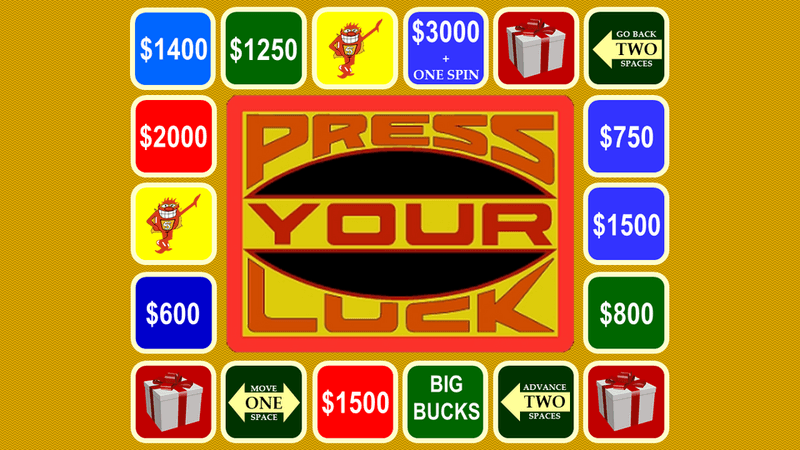
In 1984, unemployed ice cream truck driver Michael Larson appeared on Press Your Luck and won over one hundred thousand dollars in a single episode. How’d he manage such an incredible feat?
Larson had recorded episodes at home and discovered the “random” board actually followed predictable patterns. He memorized the sequences and timed his buzzer presses perfectly, never hitting a “Whammy.”
Producers were furious but couldn’t prove he’d broken any rules.
8. Queen for a Day – Exploiting Vulnerable Women for Ratings
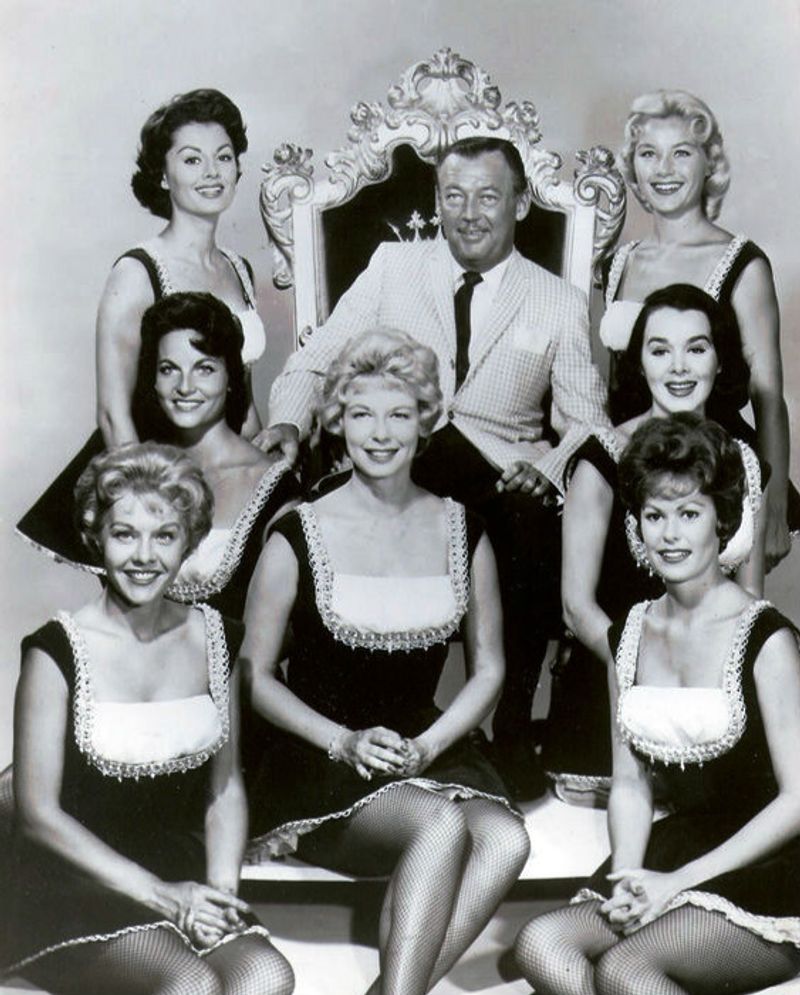
This 1950s show asked women to share their most tragic life stories, then had audiences vote on who deserved prizes most.
Winners received appliances and help with their problems while losers left empty-handed.
Critics called it exploitative, arguing the show turned human suffering into entertainment. Women were encouraged to exaggerate hardships to win sympathy votes.
Modern viewers consider it one of television’s most ethically questionable programs ever produced.
9. Deal or No Deal – Banker Manipulating Offers Dramatically

The mysterious “Banker” on Deal or No Deal supposedly calculated offers based on mathematical probability.
But contestants and viewers noticed something suspicious – offers seemed tailored for maximum dramatic effect rather than actual odds.
When briefcases with high values remained, offers would inexplicably drop to create tension. Critics accused producers of manipulating the game to manufacture emotional moments for ratings.
10. The X Factor – Voting Rigging Accusations After Producer Interventions

Reality singing competitions claim viewers control the results, but The X Factor faced serious allegations of manipulation.
Fans noticed suspicious patterns where judges’ favorites survived despite poor performances and low votes.
Producers admitted to occasionally overriding results for “entertainment value,” sparking outrage. Viewers felt betrayed, questioning whether their votes ever mattered.
11. American Idol – Producer Favoritism and Judge Conflicts

America’s most famous singing competition hasn’t been immune to scandal. Multiple contestants have accused producers of favoritism, claiming certain singers received better song choices and more airtime.
Judges have publicly feuded over perceived biases, with some leaving the show amid controversy. Behind-the-scenes manipulation allegedly influenced outcomes despite the voting system.
These accusations have followed American Idol throughout its entire run, raising questions about authenticity.

